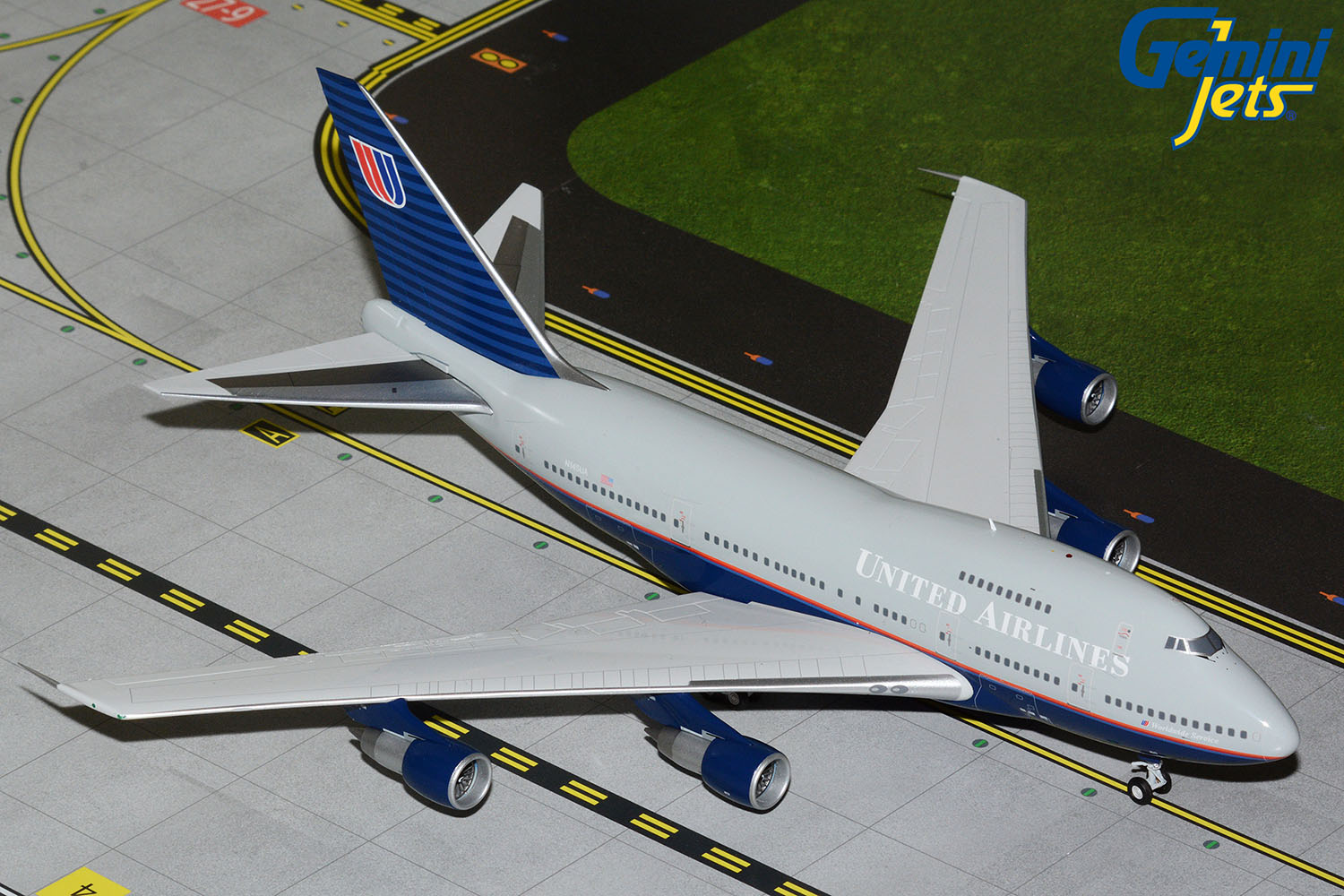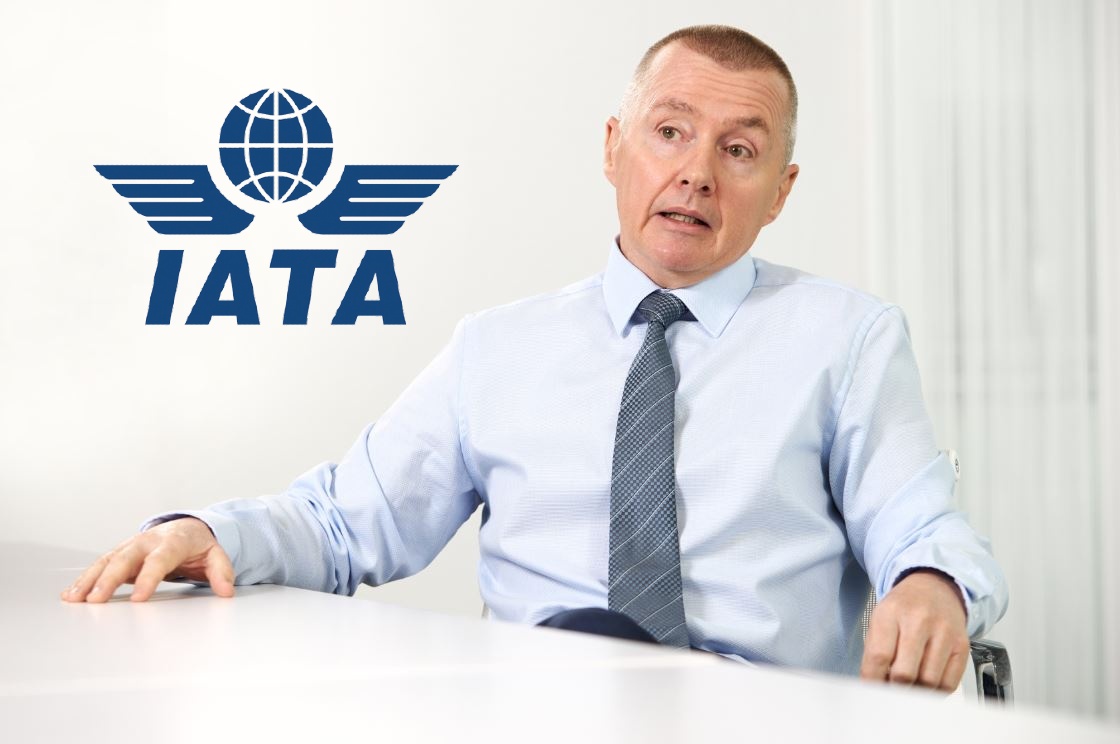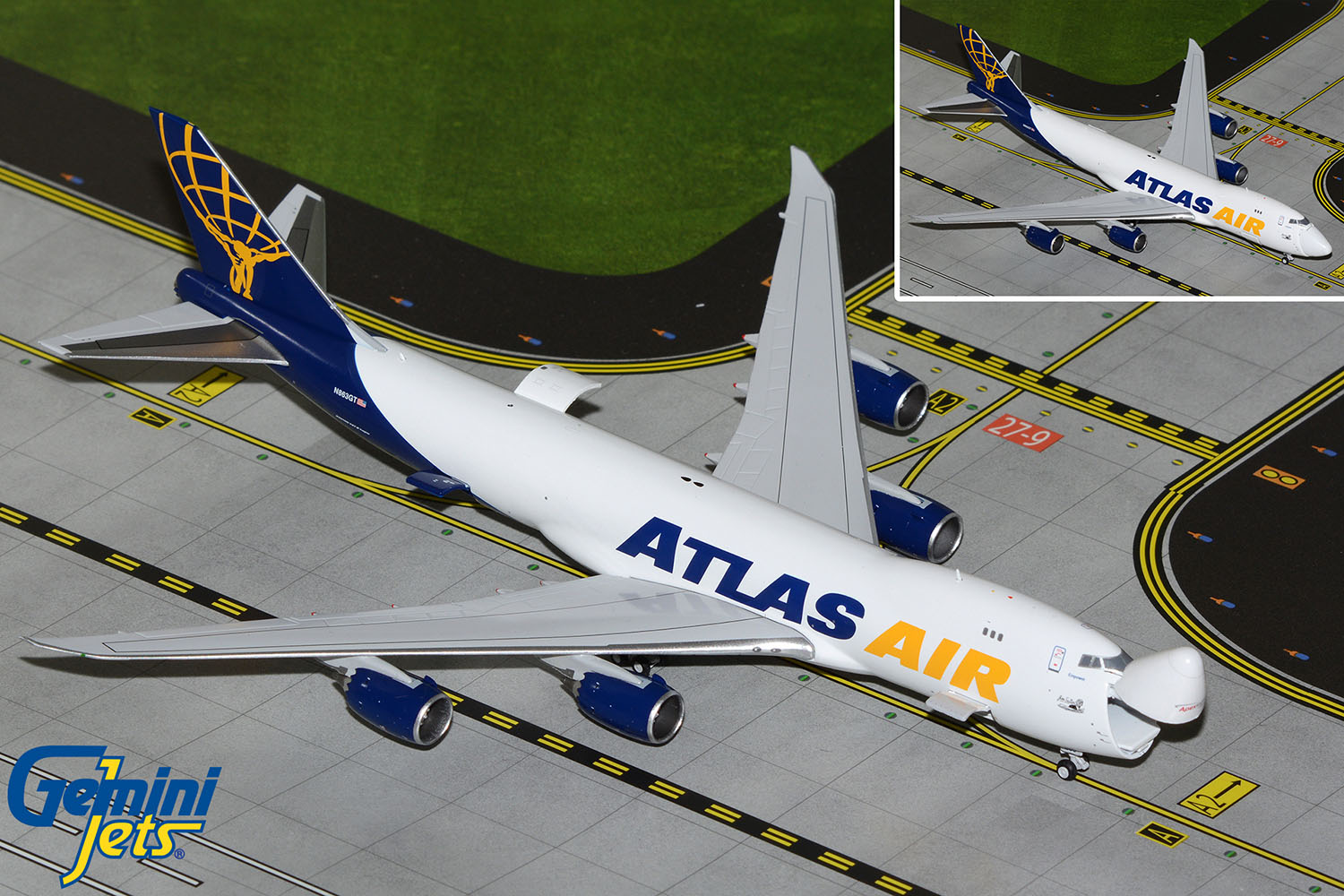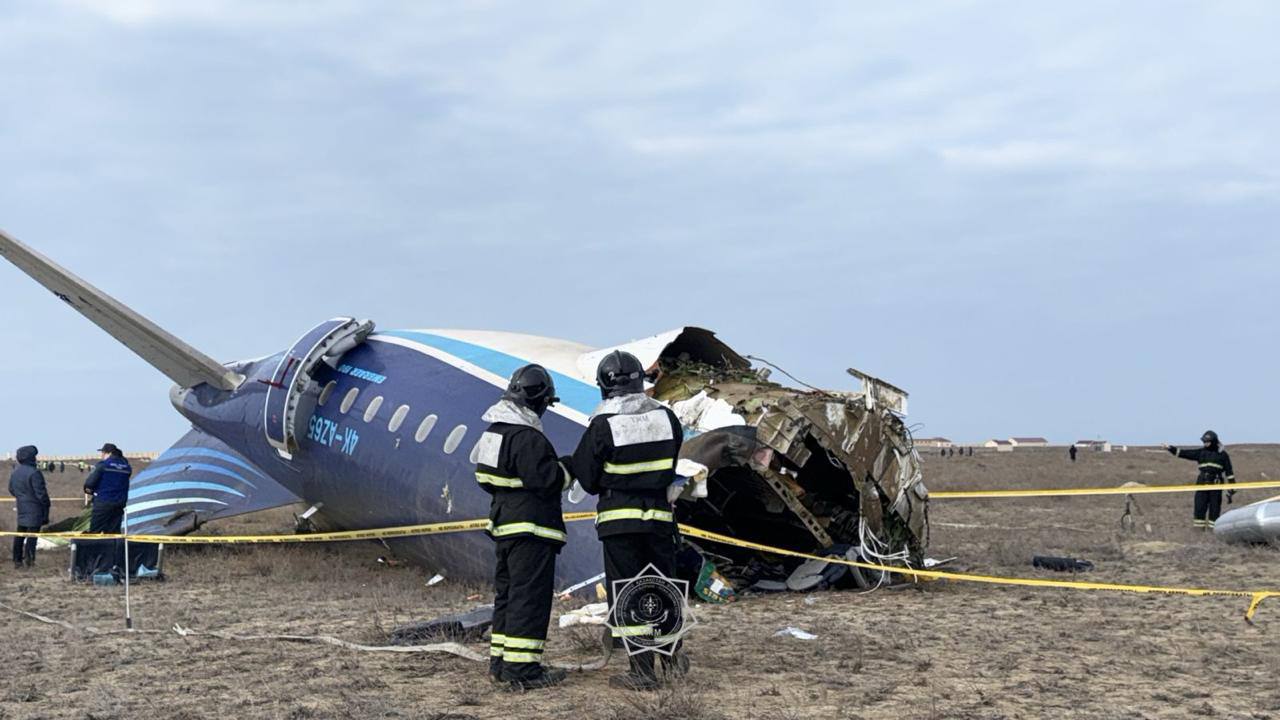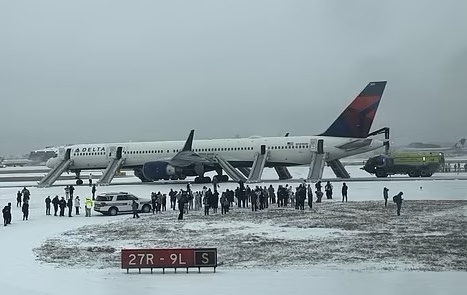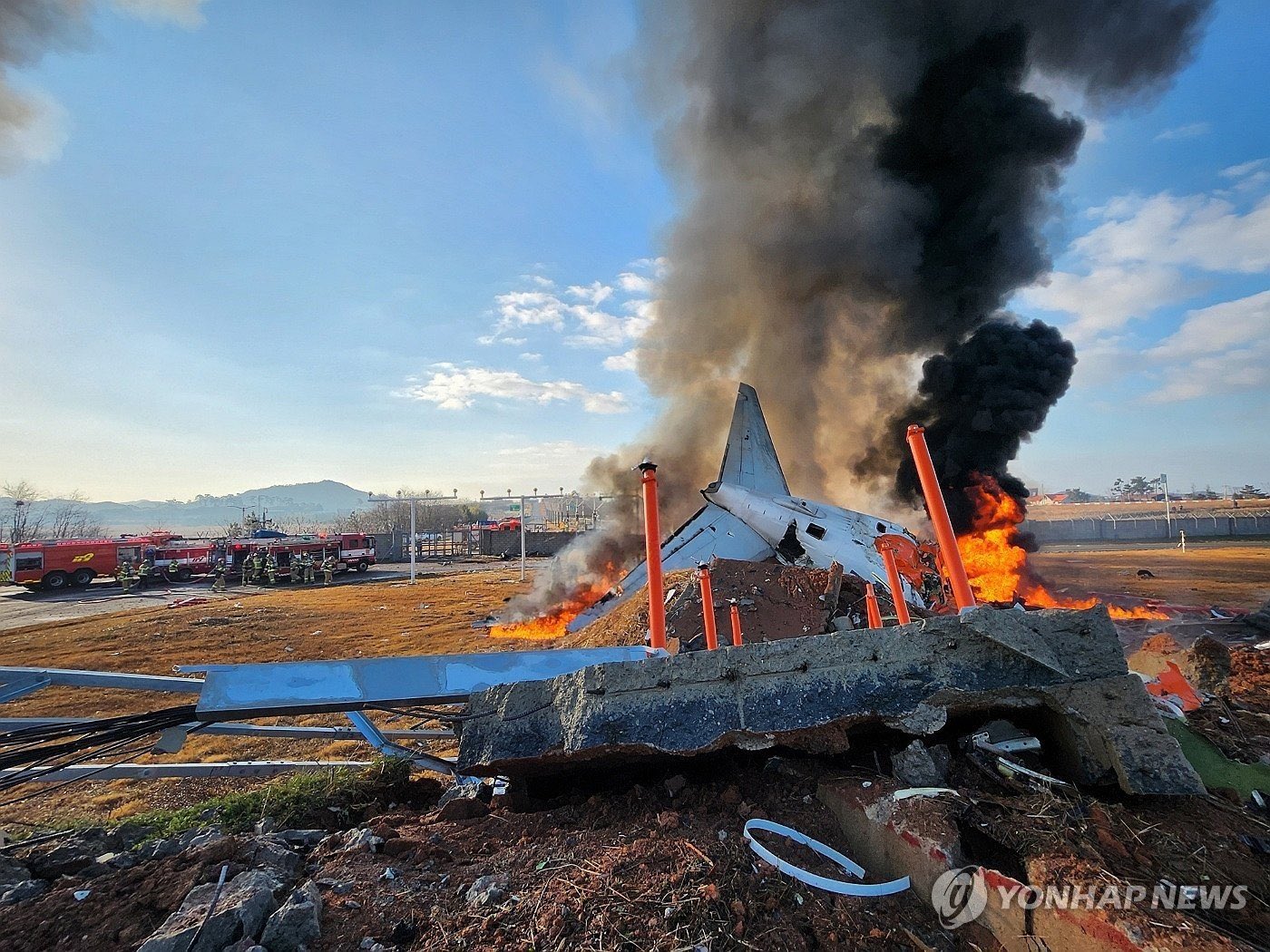IATA Director General Willie Walsh outlined the latest situation with global supply chain slowdown, engine problems, and aircraft delivery delays during the IATA Global Media in Geneva.
The number of global grounded aircraft will grow from currently around 700 to 1.000 and airlines continue to operate old aircraft as new generation ones, like Airbus A320neo family or Boeing 737 MAX as well on the wide body front, creating stress for the airlines with their low availability.
“The Industry has been too friendly to the suppliers!“
IATA Director General Willie Walsh
In other news from IATA, the world’s airlines are expected to post a collective net profit of $31.5 billion for 2024 and $36.6 billion for 2025.
We see hundreds of aircraft grounded worldwide related to engine inspections etc. Your comment on that…
The issue with the fleet is a short-term issue. I think this is driven particularly by the grounding of the Pratt & Whitney GTF aircraft and to some degree with the problem of Rolls Royce impacting the A350. The combination of those two left airlines leasing aircraft that they wouldn’t have expected to lease or to retain aircraft in their fleet expecting to retire. And that’s what drove the average age of the fleet to 14.8 years.
Is it getting better or worse?
The situation with the GTF problem appears to be stable at a bad point. It is not getting much better but it is not getting worse.
IATA Director General Willie Walsh
What we can see, and expect to see, those aircraft when they return to service over the next few years. But there are concerns as well as issues in terms of getting spare parts for the Leap engine, primarily on the 737 and A320neo. So it is not only a GTF problem, we see problems more and more at all engine types.
The critical for the industry is, the durability of the engines, is nowhere close to where we got used to. Either on the narrowbody or widebody side, between engine shop visits, the time has been significantly reduced and that puts pressure on the supply chain for parts for the engine. An engine shop overhaul is very expensive, even compared to an aircraft major check, which needs to be carefully managed by the airline.
I don’t think they are permanent. It is a temporary phenomenon. Lessors see a significant increase in lease rentals, they are selling old aircraft to airlines which isn’t something they normally do. Some aircraft leases will be extended to the end of the economic life of the aircraft, which they would have expected.
Is the new engine technology too sophisticated or too complex?
The new technology takes time to mature. But we don’t see that, maybe it is a question they stretch the technology capability of the engine too far. We are not getting the time for the engines on the wing which we used to get.
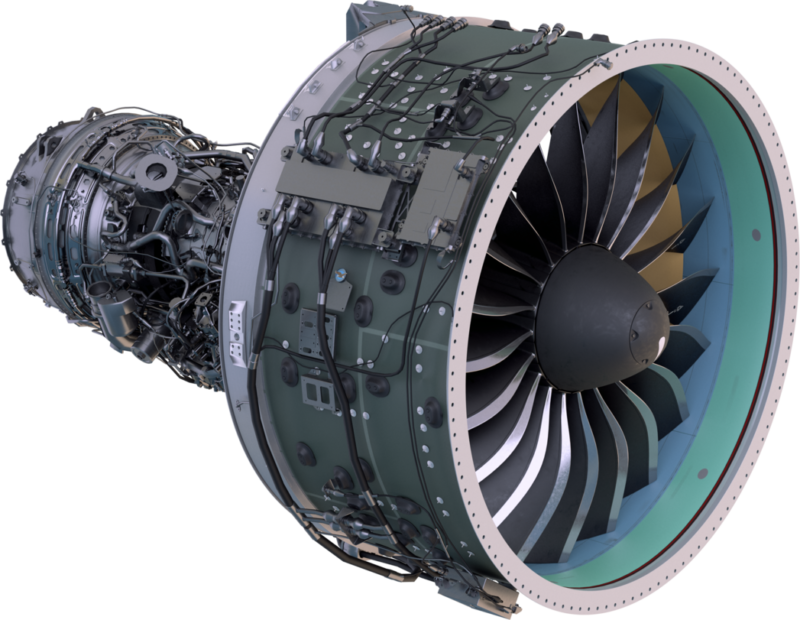
700 to 1000 New Generation aircraft are currently grounded. When they return to service one day, what will happen with all the second-hand aircraft?
It is a global issue and affects everyone. Those older second-hand aircraft will not return to service to another airline after the lease. They will be scraped, they will be too expensive to overhaul.
Regarding the comeback of the grounded aircraft, it will not have an immediate effect on the second-hand aircraft, because the backlog into delivery is quite significant. I think the ramp-up in aircraft production will take some time and I expect the engine manufacturers will not be willing to ramp up their production with the ramp-up of aircraft manufacturers. There will be a kind of disconnect production of the aircraft that has been delayed and I think the backlog, will take considerable time. It will not be an overnight change and it is going take some time to get back to a more stable environment.
And the global supply chain problem remains?
We as IATA don’t control the supply chain. That’s the job for Boeing, Airbus, Pratt & Whitney etc. But they are not getting on top on this, which I don’t understand.
Look at the Rolls Royce share price. Given the fact that they have significant problems with their engines, year to date the share price is up 91%!
IATA Director General Willie Walsh
91% increase in the share price of a company that is failing to do the basics of building an engine that is durable and robust. There is something not right here. Well, they build the engine. They promised great things with these engines, they say it is 25% more fuel efficient, but by the way, you have to change it every couple of months…
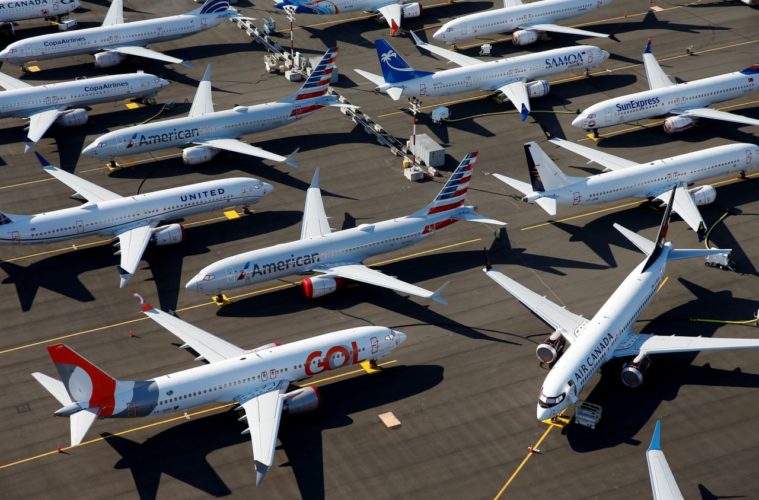
How long will these issues continue?
One example. Since AirBaltic has taken delivery of its first Airbus A220-300, 240 engine changes have been done on this small fleet. They become experts. But these problems have been going on for far too long. We deserve to see them properly addressed. Maybe we have been too patient and tolerated for too long.
Being sympathetic to them, which was natural through the Covid period.
No one expected it to continue toward 2025 and it is not fully resolved. And nobody has confidence this gonna be quickly resolved. And that’s why we have to ask harder questions and challenge these manufacturers in terms of their behaviors.
IATA Director General Willie Walsh
The problem is we don’t have any choices. We have no other engine supplier for example on the A350. We are seeing airlines that are concerned are taped with the single engine supplier. Boeing has delivery issues, as well as Airbus etc. No one of them can be proud of the performance from the past which they hold on right now


